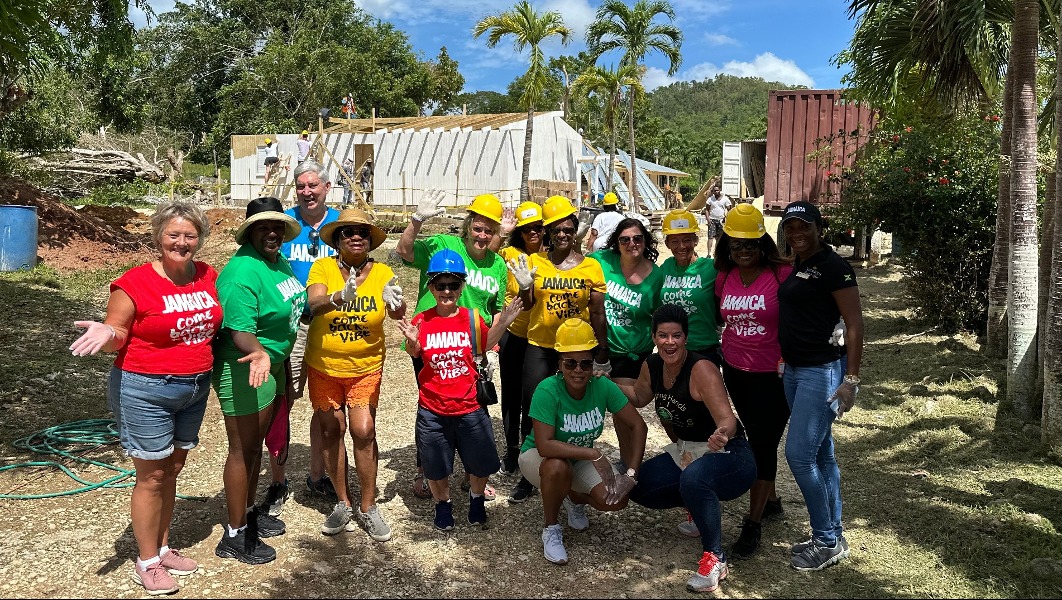Destinations Learn From Wellness Industry At WTM

During a WTM London Insight session, the audience heard that tourist destinations can learn from the wellness industry and should become more aligned to its principles post-COVID.
Speaker were in agreement that there had been a paradigm shift among consumers’ attitudes during the pandemic that destinations must now embrace, not just in how they deal with visitors, but also their own community.
Professor Terry Stevens, founder and managing director of Stevens & Associates, a tourism futures specialist, said: “If wellness is the new zeitgeist, then destination management is the new Holy Grail for tourism.”
Stevens explained: “One of the things COVID did was expose the silliness of branding and the fragility of much of our forms of marketing. It put the spotlight on the way destinations behave. Traditional measures of volume and value will be shifting to the way people perceive you and the way destinations behave.”
Future thinking, he said, meant “radical left of field” ideas becoming more mainstream. Just as wellness benefited the ‘whole’ person, then tourism had to benefit the whole community, he said. This meant an emphasis on asset management, not marketing.
Stevens made it clear that post-COVID thinking should be about a new age of collaboration.
“We are entering a period of unprecedented experimentation. New ways of doing business will have to be found,” Stevens said.
He noted as well that destinations had to recognize the true value of tourism to their community and how it benefited their younger population.
Stevens offered that example of holistic management in Mali Losinj, Croatia, where a tourism tax paid for local students’ university education to encourage them to return to their birthplace and start a business.
Said Stevens: “I think we are moving towards a world where we discard the ideas of carrying capacity in favour of caring capacity, where you start thinking about positive interaction.”
Anne Dimon, Wellness Tourism Association president and chief executive, outlined the association’s principles, including a clean environment for locals as well as visitors, and quality of life for the community as a benefit of the tourism dollar.
Dimon told the audience that: “People need to feel their tourism dollar is going to the local community,” she said, adding a selection of ‘clean eating’ restaurants, with local produce was a must.”


